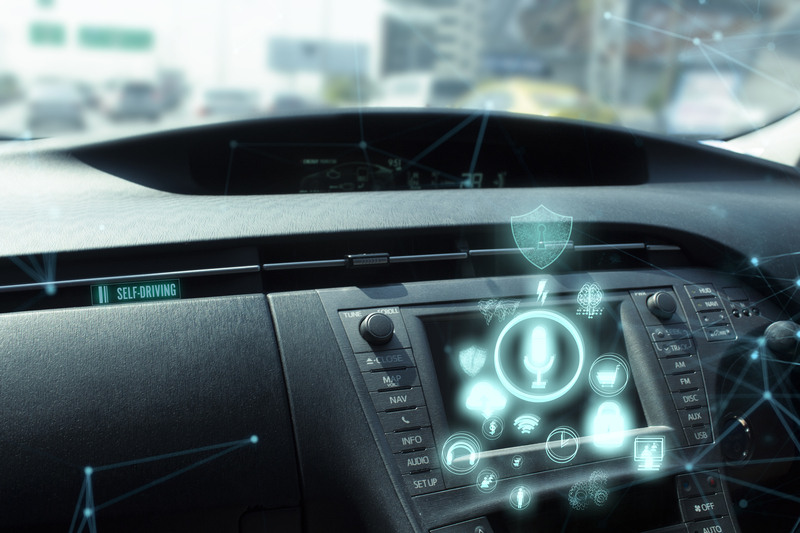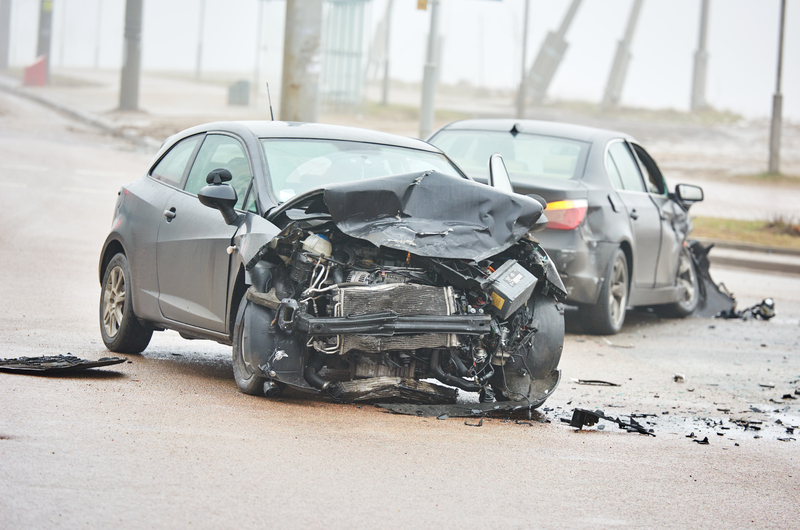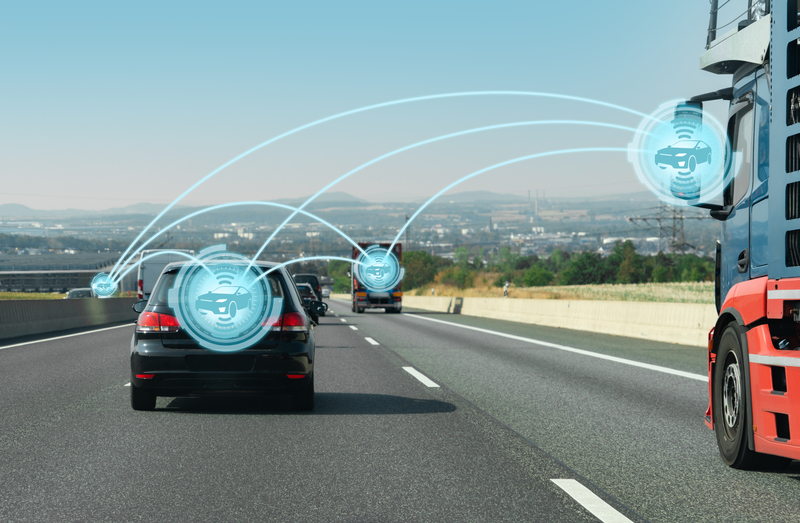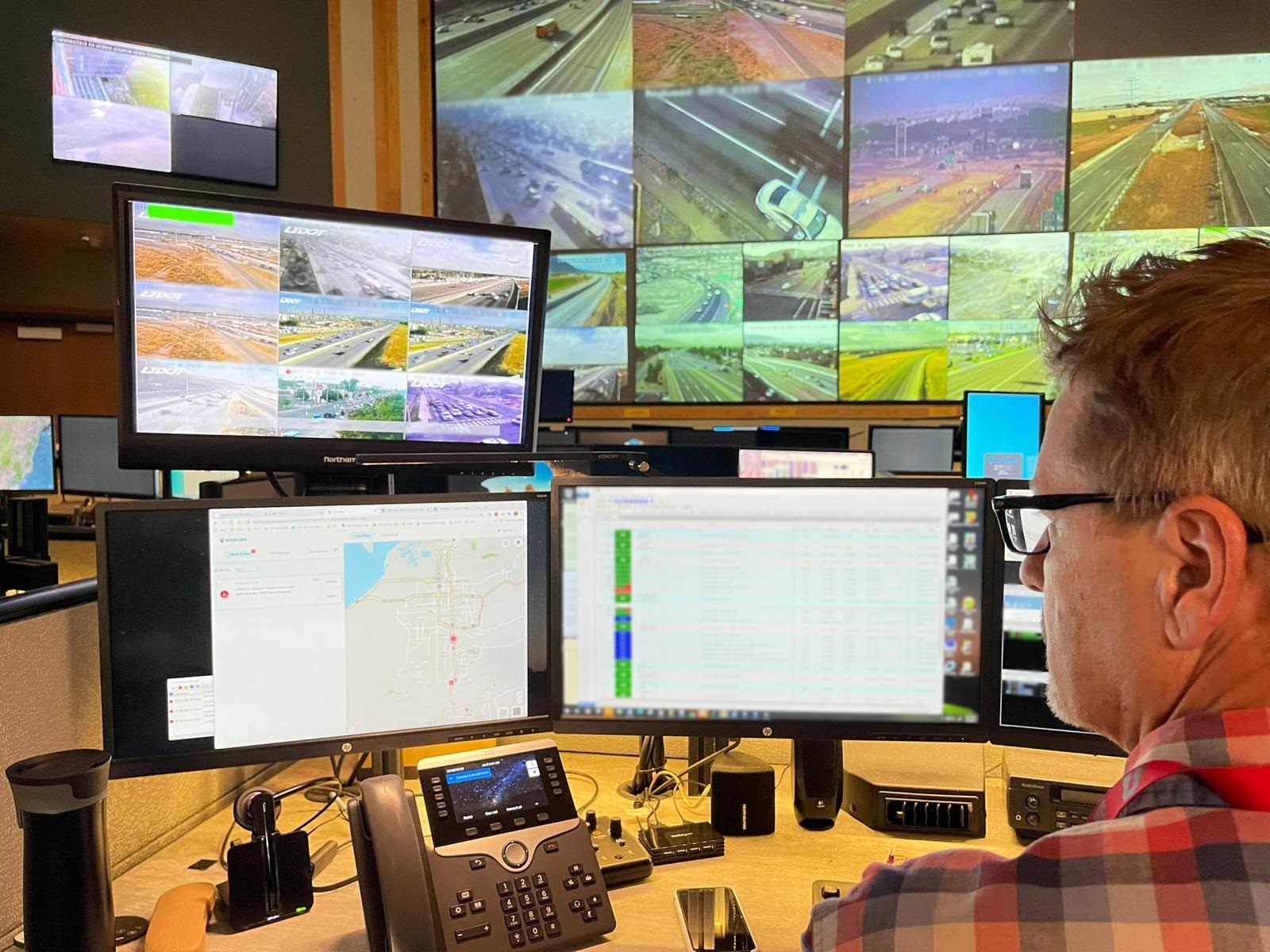
Waycare and the Central Texas Regional Mobility Authority are using real-time data from connected vehicles and data from roadway sensors to expedite the detection of traffic incidents.
Waycare’s system uses machine learning and artificial intelligence (AI) to alert the Mobility Authority’s traffic management centre personnel of potential crashes and hazards. They are then able to verify these incidents before notifying emergency responders and drivers through tools such as Waze and Twitter.
Both parties are also working on a project to send travel alerts directly back to connected vehicles.
Paul-Matthew Zamsky, head of strategic partnerships at Waycare, says: “We are integrating real-time connected vehicle data from approximately one out of every 10 vehicles on the Mobility Authority's toll roads, as well as incorporating data from their suite of roadway sensors.”
“This is far too much data for a person to sift through alone, much less glean insights from. This is where Waycare’s AI comes in,” he continues.
“This technology allows us to sort through billions of data points, identify the relevant information, and make sense of it.”
The Mobility Authority operates six toll roads in the Austin area, including one variably-priced express lane project on State Loop 1 (MoPac).
Waycare says its technology is especially valuable on the highly congested and narrow corridor where smooth and safe traffic operations are critical.
Jeff Dailey, deputy executive director at the Mobility Authority, says: “Connected vehicle technology is transforming the way we operate our roadways. As connected, semi-autonomous and electric vehicles proliferate, we want to be at the forefront of providing a safer, more predictable and reliable travel experience for our customers.”
Additionally, Waycare can predict where and when traffic incidents are likely to occur, enabling traffic managers to concentrate on specific areas for mitigation efforts and giving roadway designers the ability to study the cause of crashes and to pursue operational improvements.
The Mobility Authority is currently expanding Waycare’s coverage to all of its roadways and discussions are underway regarding a potential region-wide deployment of the technology.












